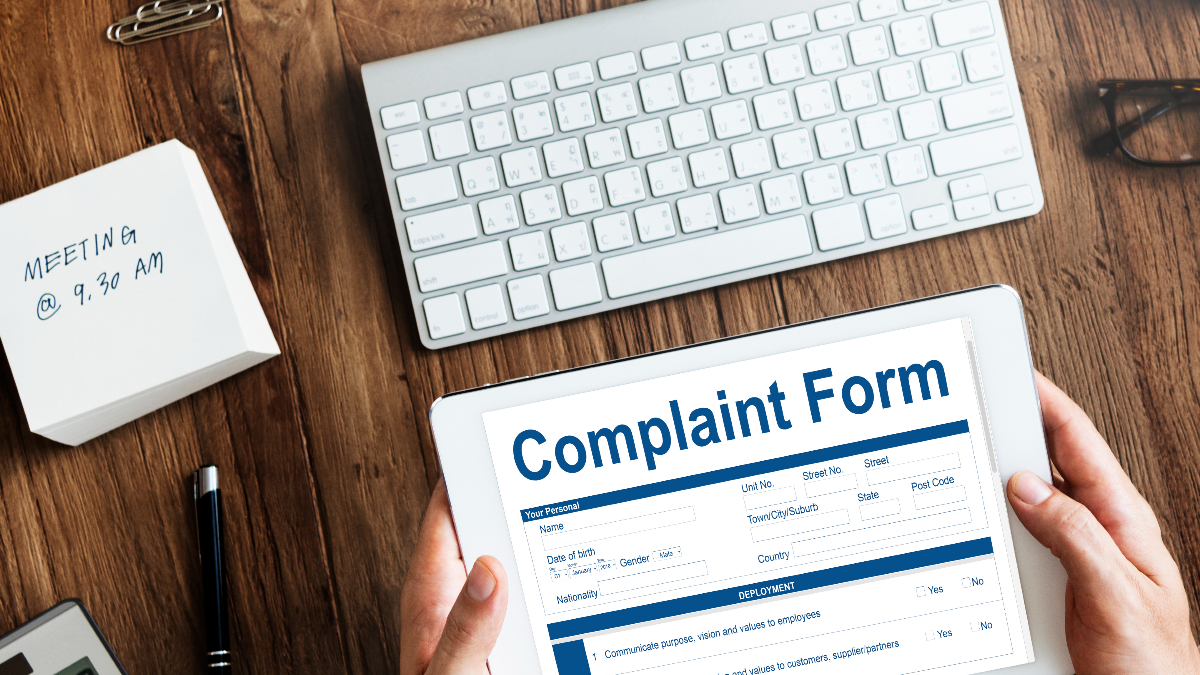With the ever-changing workplace environment, workers have become more aware and robust about strengthening their rights in the workplace. Employment regulators have set up guidelines that employers and employees must abide by.
Although there are many employment contracts such as permanent, fixed-contract, and causal, the employment structure regulations are set to protect the worker and the employer in all agreements.
However, employees are still faced with issues in the workplace that they must confront by engaging in conversations with employers, whereby they express their dissatisfaction and give suggestions to remedy the complaints. But even so, employee complaints are still pretty common.
Here are the five most common employee complaints.
Unfair Income
Unfair pay is the most common employee complaint. Workers simply feel that their time is worth more than what the employer is willing to offer. Most employees register as trade union members to access special privileges such as yearly salary revisions, bonuses, and paid leave.
As a result, employers offer their employees more benefits such as medicare, retirement plans, and different hourly pay rates for overtime and holiday work. Nevertheless, unfair pay and gender wage gaps are still significant issues among the working class.
One great way to ensure that your employees are happy at your workplace. It’s important that you offer certain mandatory compensations and benefits. Check out this article on employee benefits in usa and how it plays a crucial role in your employees.
Hostile Work Environment
A hostile work environment can be discouraging to employees, ultimately leading to a decline in work efficiency or productivity. Low levels of production may be financially devastating to an employer.
Employees are most likely to disengage and perform poorly in a hostile workplace. The decline in performance may induce an employer to use their right to fire an employee based on the employment-at-will regulations.
However, there are exceptions to this right. Employers may not fire employees because of discrimination, retaliation, or whistleblowing. The regulations detailed in the at-will employment California guidelines protect workers’ employee rights.
Lack Of Job Security
In the post-pandemic world, employees are fighting for job security. The pandemic caused a spike in global unemployment, leaving the people who have jobs clutching on. The lack of full-time contracts makes employees nervous; more employees have resorted to finding additional income streams to protect themselves from another global market crash.
Favoritism
Favoritism in the workplace may be caused by nepotism and employment based on personal relations being the main drivers. It is understandably natural for humans to be drawn to others based on their interests and personalities. However, this becomes a big problem if the relationship leads to an employee receiving special treatment like fewer work hours, more pay, and more creative freedom.
Favoritism can cause a rift amongst employees, leading to a hostile and unproductive work environment. The behavior of bias by employers may lead to employees suing the company for unfair treatment or hostility in the workplace.
No Opportunity For Growth
Many employees hate feeling boxed in or defined to one role. They like flexibility and creativity. A lack of opportunities for employees to move up the corporate ladder hinders motivation for quality performance. Employee advancements such as promotions and salary increases will positively improve the workforce’s morale.
Regardless of rising employee rights awareness over the years, many workers still feel that their employers could be providing more financial stability and job security.

